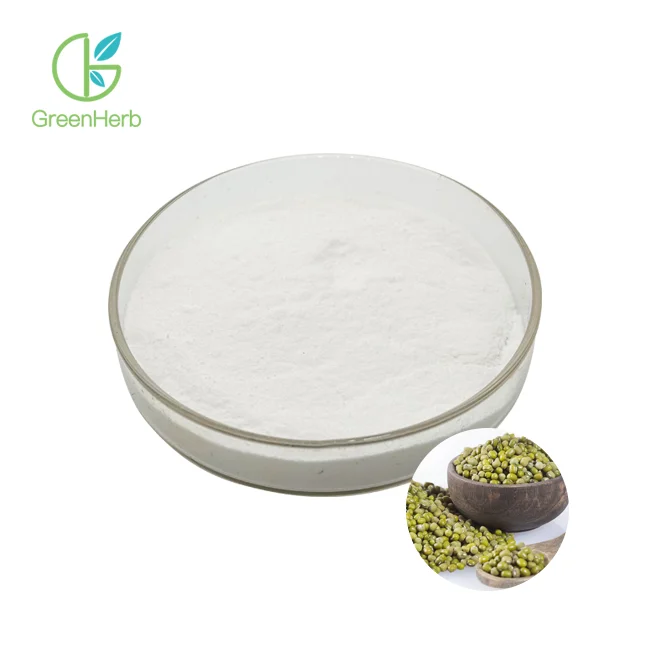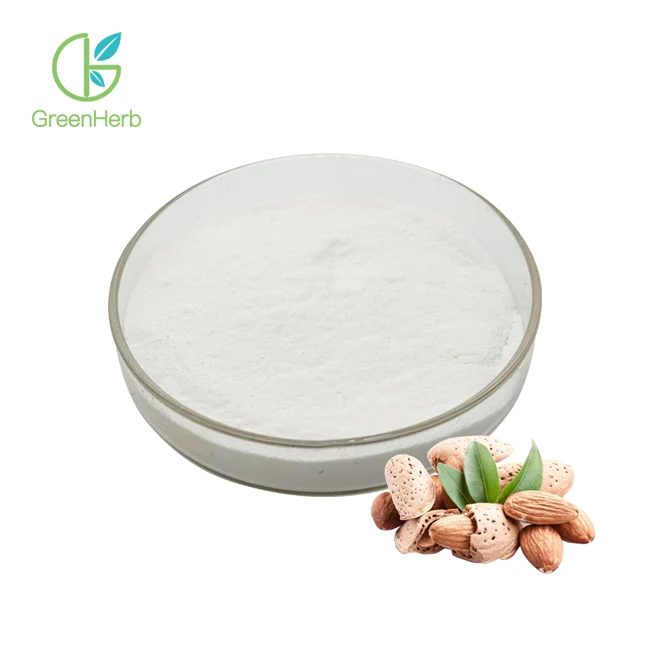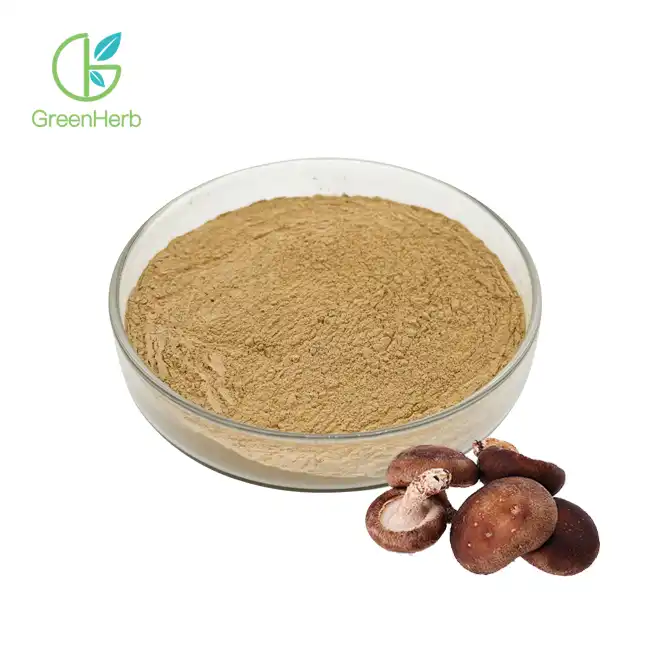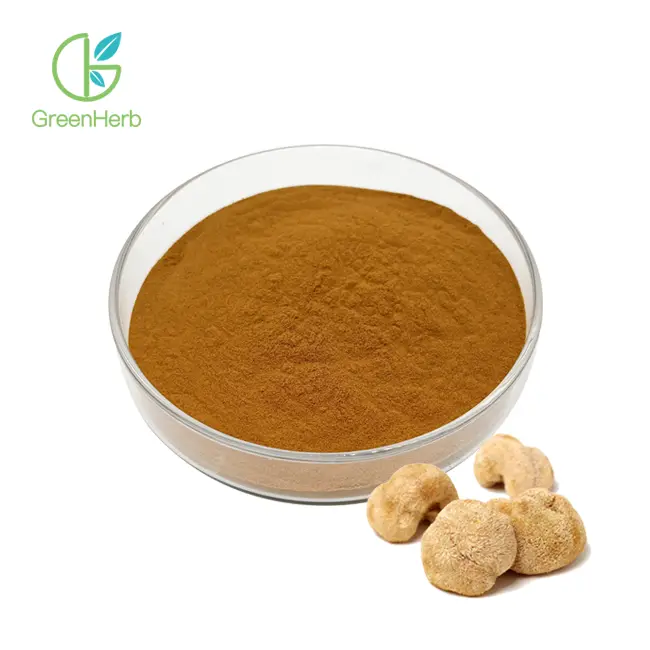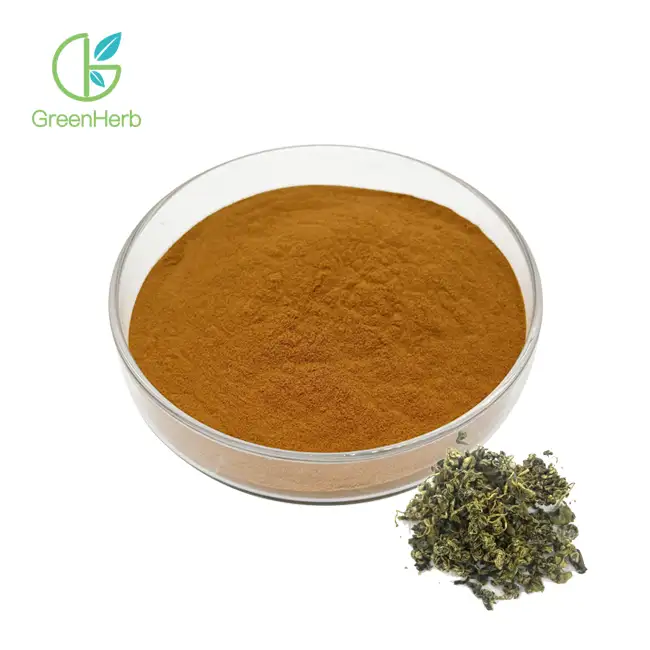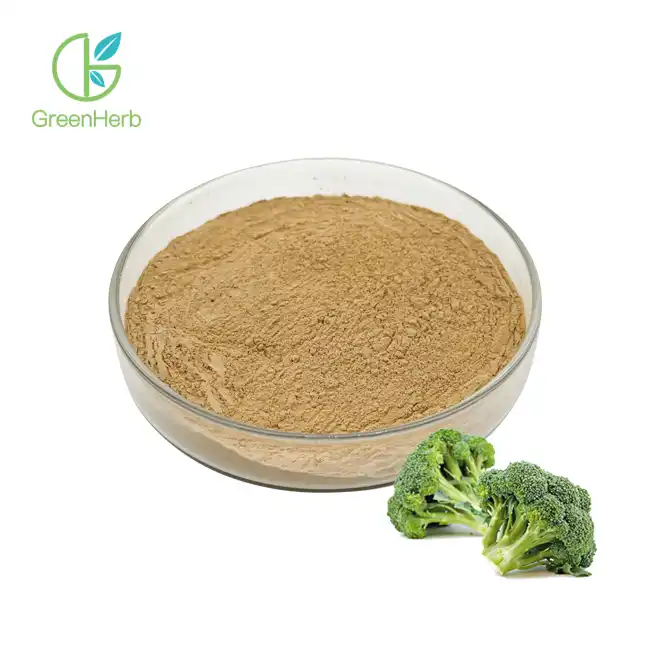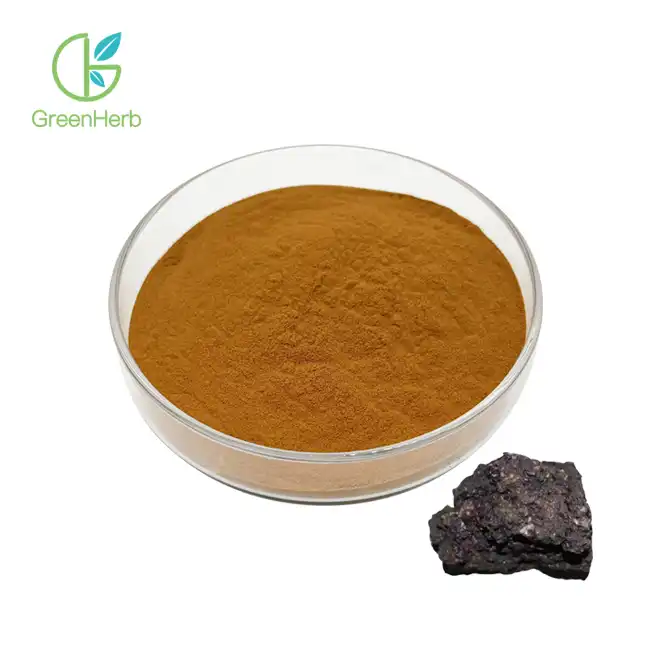- English
- French
- German
- Portuguese
- Spanish
- Russian
- Japanese
- Korean
- Arabic
- Greek
- German
- Turkish
- Italian
- Danish
- Romanian
- Indonesian
- Czech
- Afrikaans
- Swedish
- Polish
- Basque
- Catalan
- Esperanto
- Hindi
- Lao
- Albanian
- Amharic
- Armenian
- Azerbaijani
- Belarusian
- Bengali
- Bosnian
- Bulgarian
- Cebuano
- Chichewa
- Corsican
- Croatian
- Dutch
- Estonian
- Filipino
- Finnish
- Frisian
- Galician
- Georgian
- Gujarati
- Haitian
- Hausa
- Hawaiian
- Hebrew
- Hmong
- Hungarian
- Icelandic
- Igbo
- Javanese
- Kannada
- Kazakh
- Khmer
- Kurdish
- Kyrgyz
- Latin
- Latvian
- Lithuanian
- Luxembou..
- Macedonian
- Malagasy
- Malay
- Malayalam
- Maltese
- Maori
- Marathi
- Mongolian
- Burmese
- Nepali
- Norwegian
- Pashto
- Persian
- Punjabi
- Serbian
- Sesotho
- Sinhala
- Slovak
- Slovenian
- Somali
- Samoan
- Scots Gaelic
- Shona
- Sindhi
- Sundanese
- Swahili
- Tajik
- Tamil
- Telugu
- Thai
- Ukrainian
- Urdu
- Uzbek
- Vietnamese
- Welsh
- Xhosa
- Yiddish
- Yoruba
- Zulu
Can Pure Pea Protein Powder help with weight management and satiety?
I often receive concerns concerning the efficacy of various medicines for encouraging satiety and assisting people control their body weight as a specialist in the healthcare and wellness industry.
A good product that has garnered a lot of curiosity lately is pure pea protein powder.
With these in-depth guidelines, I hope to discover scientific knowledge underpinning pea protein shakes and their possible implications for satisfaction and regulating our weight.

Understanding Pea Protein Powder and Its Nutritional Profile
It is critical to comprehend the technical terms of authentic pea protein powder and its biological makeup before investigating any possible benefits.
Pisum sativum, or yellow peas, is the species of plant from which pea protein is obtained.
It is a plant-based protein source that can often be substituted for proteins derived from animals like the casein protein or dairy.
Boiled-chain amino acids (BCAAs), such as isoleucine, leucine, isoleucine and valine, are among the necessary amino acids that are present in pea protein powder, which is also a rich source of energy.Pea protein shake is an appealing choice for sportsmen and exercise fanatics due to these amino groups are necessary for muscle development and wound healing.
The following summarizes the dietary composition of pure pea protein powder:
- Protein: With twenty to twenty-five milligrams of dietary fiber per consuming, pea protein powder is an its abundant protein choice.
- Essential amino acids: Pea protein powder contains all nine essential amino acids, including BCAAs. BCAAs are important for muscle growth and repair.
- Fiber: Pea protein powder is a high-fiber foodstuff that contributes to tolerance and intestinal wellness.
- Vitamins and minerals: Iron, magnesium, and potassium are among the handful of the minerals and vitamins found in pea protein powder.
Based on plants pea protein powder is a filled with nutrients and customizable source of energy that can be incorporated into an extensive variety of applications.
It's a good choice for vegans, vegetarians, and individuals with food allergies or sensitivities.

The Role of Pea Protein Powder in Weight Management
The proven capacity of pea protein powder to help with maintaining weight is one of the primary explanations for why people utilize it.
The influence of inhaling legumes like peas on body composition and weight loss has been explored in several areas of investigation.
Assessing pea protein fortification to a placebo category, research presented in the Journal of Nutrition and Metabolism indicated substantial drops in fat storage proportion.
Moreover, it has been established that pea protein promotes sensations of fullness, which may lower average consumed calories and aid in shedding pounds endeavors.
Satiety and Pea Protein: Exploring the Connection
Controlling malnutrition and restricting dietary intake are made easier by fullness, or the sensation of completeness observed after dining.
The implications of pea protein on appetite have been looked into, and the outcomes are favorable.
The Nutrition Magazine conducted an experiment that was randomized that evaluated the consequences of whey and pea carbohydrates on food consumption and motivation.
In contrast for individuals who took whey protein isolate the subjects who took pea protein from the expressed feeling more full and absorbing fewer nutrients throughout the morning.

Incorporating Pure Pea Protein Powder into Your Diet
Adding pure pea protein powder in your diet is a customizable and relatively easy procedure.
For a straightforward and speedy protein boost, stir it into milk products, porridge, or milkshakes.
Moreover, pea protein shake can be exchanged for cereals in culinary undertakings or inserted into stews and other liquids to boost the amount of nitrogen.
Selecting a pea protein powder involves careful thought; make sure the producer is trustworthy and delivers an excellent product.
Seek for objects that have experienced tests conducted independently for efficacy and cleanliness and lack the presence of artificial elements and sugars.

Considerations and Potential Side Effects of Pea Protein Consumption
Even though pea protein powder has a lot of intriguing positive aspects, it is essential to be mindful of any potential disadvantages or limitations. Consuming pea protein can lead to issues with digestion for certain individuals, such as gas or bloating.
This tends to be brought on by high levels of fiber of peas, so it is best to minimize it by incorporating a suitable amount and gradually boosting absorption.
Those who are intolerant to lentils should use precaution when applying pea protein flour; they could be interested in to look into other forms of protein.
In the end, people who desire to control their weight and encourage feelings of satisfaction might discover that pure pea protein powder is an effective addition to a healthy lifestyle.
Pea protein might assist people in making well-informed choices about incorporating it into their daily activities by supplying data on its nutritional profile, role in weight loss, as potential negative implications.
Contact us to learn more about our high-quality pure pea protein powder. As a professional manufacturing supplier, we offer products manufactured in a GMP factory, with a large inventory and complete certificates. We support OEM orders, provide fast delivery, and ensure tight packaging to maintain product freshness. Contact us at sales@greenherbbt.com to discuss how we can support your nutritional supplement needs.

References:
-
Messina, M., Lynch, H., & Dickinson, J. M. (2018). No difference between the effects of supplementing with soy protein versus animal protein on gains in muscle mass and strength in response to resistance exercise. International journal of sport nutrition and exercise metabolism, 28(6), 674-675.
-
Gorissen, S. H., Crombag, J. J., Senden, J. M., Waterval, W. A., Bierau, J., Verdijk, L. B., & van Loon, L. J. (2016). Protein content and amino acid composition of commercially available plant-based protein isolates. Amino acids, 48(9), 2349-2354.
- Babault, N., Païzis, C., Deley, G., Guérin-Deremaux, L., Saniez, M. H., Lefranc-Millot, C., & Allaert, F. A. (2015). Pea proteins oral supplementation promotes muscle thickness gains during resistance training: a double-blind, randomized, placebo-controlled clinical trial vs. whey protein. Journal of the International Society of Sports Nutrition, 12(1), 3.
- Abou-Samra, R., Keersmaekers, L., Brienza, D., Mukherjee, R., & Macé, K. (2011). Effect of different protein sources on satiation and short-term satiety when consumed as a starter. Nutrition Journal, 10(1), 139.
